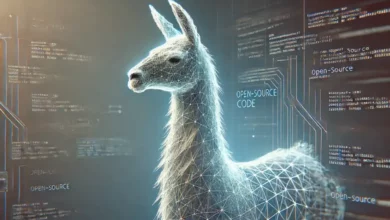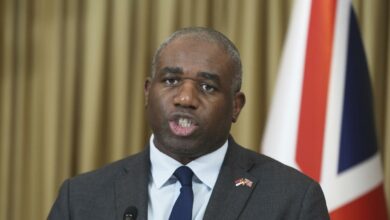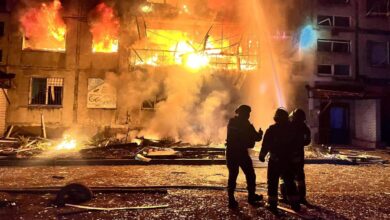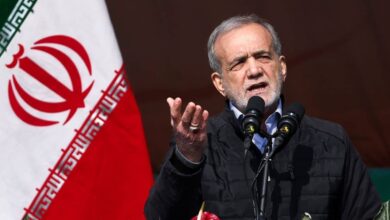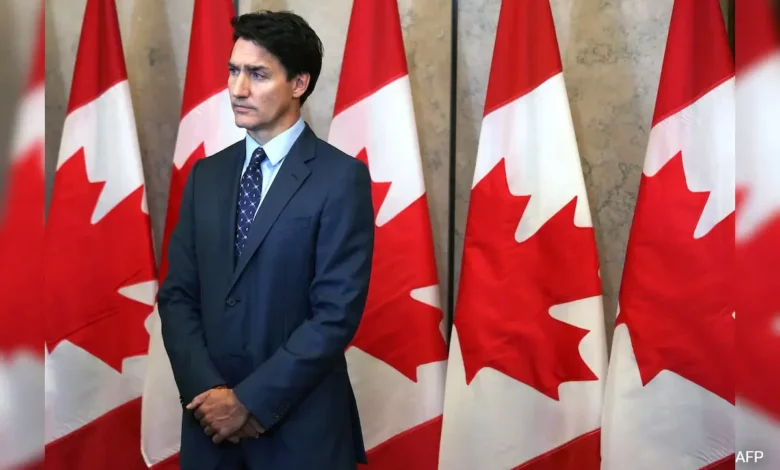
Canadian Prime Minister Justin Trudeau is mired in a political crisis over the allegations that could force him to resign. Isolated inside his Liberal Party, Trudeau has been accused of using the allegations against India to deflect attention from key domestic issues, such as a sputtering economy and growing dissent within his party.
In recent months, several high-profile Liberal MPs, including Sean Casey and Ken McDonald, have called publicly for Trudeau to resign due to dissatisfaction with his leadership. It is reported that more than 20 Liberal MPs have signed a pledge calling for his resignation.
Chrystia Freeland, who resigned as Deputy Prime Minister and Finance Minister in December, dealt a huge blow to the government of Mr. Trudeau. She quit over policy disagreements; among others, on Trudeau’s strategy respecting possible US tariffs, and more generally, his economic policy direction.
In December, Trudeau tried to turn off the temperature on internal party conflicts by analogizing them to family fights over the holidays: “Like most families, sometimes we have fights around the holidays. But of course, like most families, we find our way through it.” But Freeland’s resignation letter damned Trudeau’s “costly political gimmicks,” a divide not exactly consonant with the prime minister’s image of unity across the aisle.
Since Freeland’s departure, Trudeau has retreated almost entirely from public events and media briefings, and he has spent much time at a ski resort. The losses that the Liberal Party has suffered in the two by-elections have increased the internal war.
Key allies have given notice of intentions, such as the leader of the New Democratic Party, Jagmeet Singh, to file a motion in Parliament in hopes of taking down Trudeau’s government. The Canadian Parliament is on Winter Break and set to return on January 27.
If Trudeau resigns, which now seems highly likely, the Liberal Party will be challenged to find a widely attractive leader. Complicating the situation further is that the interim leader, whoever it may be, is not permitted to stand for the permanent leadership. Among the potential candidates will be Dominic LeBlanc, Melanie Joly, François-Philippe Champagne, and Mark Carney. However, how the timeline of the leadership race might expose the party during federal elections later this year remains a concern.
The Liberals elect their leader by special convention, a process that can take several months. If an election is called before the party has a permanent leader, it could dramatically reduce their chances at the polls.
Meanwhile, the Conservative Party, which is in opposition, under the leadership of Pierre Poilievre, pulls ahead in opinion polls. Indeed, he took advantage of voter dissatisfaction with the economy by promising that he would kill Trudeau’s carbon tax and seriously solve Canada’s housing crisis. In a number of surveys, the Conservatives enjoy at least a double-digit lead from the Liberals.
Relations between Canada and India have deteriorated since Trudeau’s accusation in September 2023 of Indian involvement in the killing of Khalistani terrorist Hardeep Singh Nijjar, who was shot outside a Sikh temple in Canada. The Government of India dismissed these accusations as “absurd.” Trudeau’s claims of Indian sponsorship of criminal activities have come under sharp attack both domestically and internationally.
India subsequently sent six Canadian diplomats back, recalling its envoy in Ottawa, after Canada tried to question Indian officials as “persons of interest” in the Nijjar case. Pro-Khalistan activities in Canada have included an attack on a Hindu temple near Toronto.
India has categorically denied the allegations of its involvement in Nijjar’s murder, labeling him a designated terrorist by the National Investigation Agency, and blamed Trudeau’s government for succumbing to the political blackmail of Khalistani sympathizers. Despite a series of diplomatic communications, including during international events like the G20 Summit, Canada has not been able to share evidence that implicates India in the murder.
Critics say this may be an attempt by Trudeau to appeal to a section of the Khalistani Sikh voters in Canada, but many see it as a politically motivated deflection from urgent national issues.
